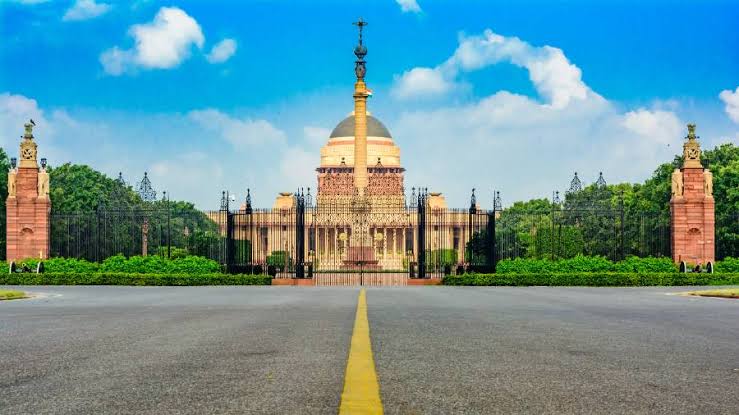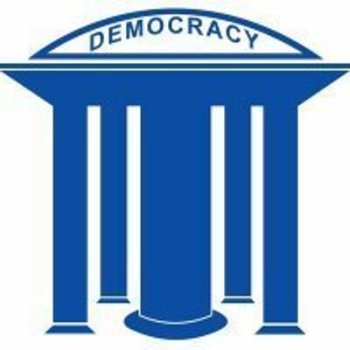By – Jayishnu Agarwal

The Punjab elections gave India its most successful political startup, making its supremo Arvind Kejriwal one of the most influential and powerful people in India, leaving behind its opponents, clearly becoming the only one to be at least on the same track on its march to the finish line of the 2024 elections.
Kejriwal, an ex-Italian and civil servant, is one of the most educated and learned IItians in the country. He has worked in every system that exists and aspires to change the lives of people in this country, from corporate jobs to NGOs to policymaking. Arvind had been a part of every system, but his constant drive was to change the system. From his days in Parivartan to joining India against corruption, he has blatantly rallied against every political party and ideology and has had a phenomenal role in bringing the importance of the right to information to the public light.
Arvind’s movement against corruption brought the entire country together, from politicians to writers, actors, businessmen, and even high-profile civil servants, rallying behind him, eventually bringing the Sheila Dixit government in Delhi down. He formed his own party that represented the plight of the common people and called it the Aam Aadmi Party to fight the Delhi elections. He claimed that his party would follow a democratic process, not make individuals into cult figures, promising to be grounded and not include corrupt people in the party, the one thing against which he fought and found his name popular among people. He promised to use the Maruti Wagon, a symbol of the middle class refusing to even have security. Eventually, he even won the elections and formed a government in coalition with the Congress, vowing to pass the Jan Lokpal bill that would make government officials accountable for their work, failing which he even resigned on a record day. He was loved by people for his integrity and was again unanimously elected with a thumping majority in the coming Delhi elections.
He suffered a huge setback when his party members, namely Prashant Bhushan and Yogendra Yadav, left the party, which later only cemented his place in the party as the party supremo. He became very popular among young people. His image of a learned, secular, and welfare-oriented administrator screamed for a change in the system that the young had long awaited. He began well, with his policy affecting the lives of the poorest of the poor. He aspired to make new schools and change the existing ones, including the happiness subject, for which he was appreciated across party lines. He seemed a little different from the other politicians who cared for the people and not a career politician who had joined politics to just raise his ranks.
However, things started changing as Kejriwal’s aspirations grew. It began with the onset of the 2017 Punjab elections. Kejriwal started doing things that every ordinary politician did, cemented his position in the party, and removed the rule that limited the number of times a member could be elected president. Next, he started promising things that were neither feasible for the economy nor able to be delivered. With this, he was stuck in a web of lies from which he never came out. He openly lied about the number of jobs delivered, and the number of buses installed, and also lied about the water supply facilities for which he had sold the dream. Even his closest friends in politics left him and were on record accusing him of escalating a riot in Punjab to win an election.
In an interview, he went so far as to question the integrity of the RTI act. His politics now seemed to be that of a football match where he was just passing the blame and moving forward, playing the victim card time and again to gain public sympathy. He went so deep into vote bank politics that his image of a secular leader now seemed like that of a tourist agent offering free religious travel to the people of his state. After gaining complete control of the police in the state of Punjab, he started using his powers to threaten his opponents in the state of Delhi, misusing the public services as a private entity to silence his critics. So much irony for a person who has made his way up to criticising every other politician that has existed in the country. His party members were found guilty of rioting while he was outright defending them. Both the big riots that happened in Delhi in the last few years had AAP leaders at the helm of affairs while the party was still defending them.
The major problem I have with him is that he seemed like a change, a strong force in the political system that would change it forever, but now he seems like every other politician that has ever existed in the country; the same old people that have rotted the public system; a person who could go to any lengths for his personal gains. His actions have not only damaged his reputation but have made sure that no politician is born of a revolt against the system because of the living testimonials that he has provided. He has also crushed the hopes of every little youngster that wanted to join politics because of the dream they were sold off, and the idea that you could change India still remains a distant dream. Nevertheless, it has cemented the one belief that stands the test of time: that in India, politics is not for the common man and that the name “Aam Aadmi Party” is the biggest irony that has ever been in the modern politics of India.



